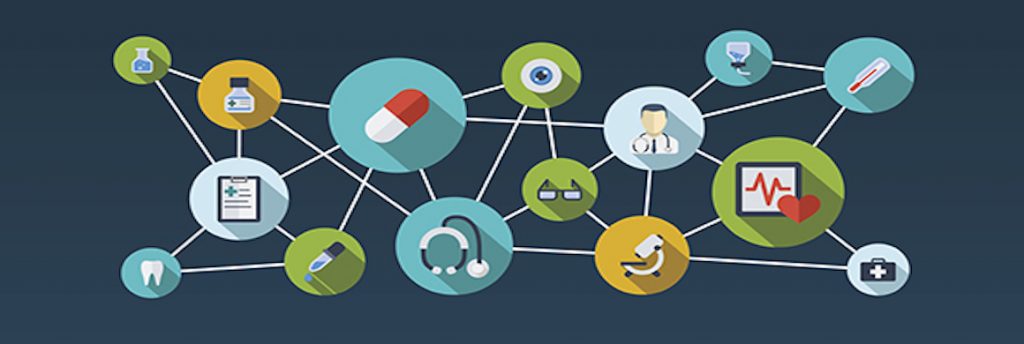Sloan Conference Addresses How Data Will Eliminate Human Error from Healthcare

MIT Sloan recently took a look at last month’s Sloan Healthcare and Bioinnovations Conference, in which health care professionals of all stripes discussed new digital tools that could use data insights from patients’ day-to-day lives to more accurately assess and make critical healthcare decisions while removing human error.
Along with Sloan startup Rendever Health, which took first place and $25,000 at the conference’s Sloan Healthcare Innovations Prize with a VR interface designed “to improve life for seniors in assisted living facilities,” Optum subsidiary Optum Analytics is just one of many companies attempting to use cutting-edge technology to address the concerns of human error.
Optum Analytics Chief Product Officer A.G. Breitenstein asked the crowd, “Consumers are now used to good information about how everything works. How do we get a complete picture of social, behavior, and ecological data in patients’ day-to-day lives—all the stuff that we are essentially blind to?
Breitenstein’s talk of metaphorical—and sometimes literal—blindness cuts deeper than mere analytics. Like most industries, it’s no secret how wasteful and inefficient the American healthcare system is, with rampant reports of “duplicative services, poor care quality, higher costs, fraud and physician burnout.” In fact, the author references a Harvard Business School study estimating that U.S. healthcare could trim a trillion dollars of its $3.2 trillion in spending. Yes, that’s trillion with a hard ‘T.’
The reasons for this industry-wide ineptitude are roughly the same as in virtually every other human domain right now: a struggle to innovate and an even tougher struggle to adapt. But Breitenstein hopes companies like his can transform the “black box” that is the health care industry into a lean, mean, “data-driven, algorithmically driven, probabilistically accurate system” that can “offer the same customer experience as those within airline, banking and e-commerce.”
“Everything [aside from surgery] is just data and algorithms,” he explains, “and humans are bad at applying algorithms of medicine.” The idea is to ultimately let machines handle humdrum diagnoses while medical professionals “focus on the highest-impact procedures.”
